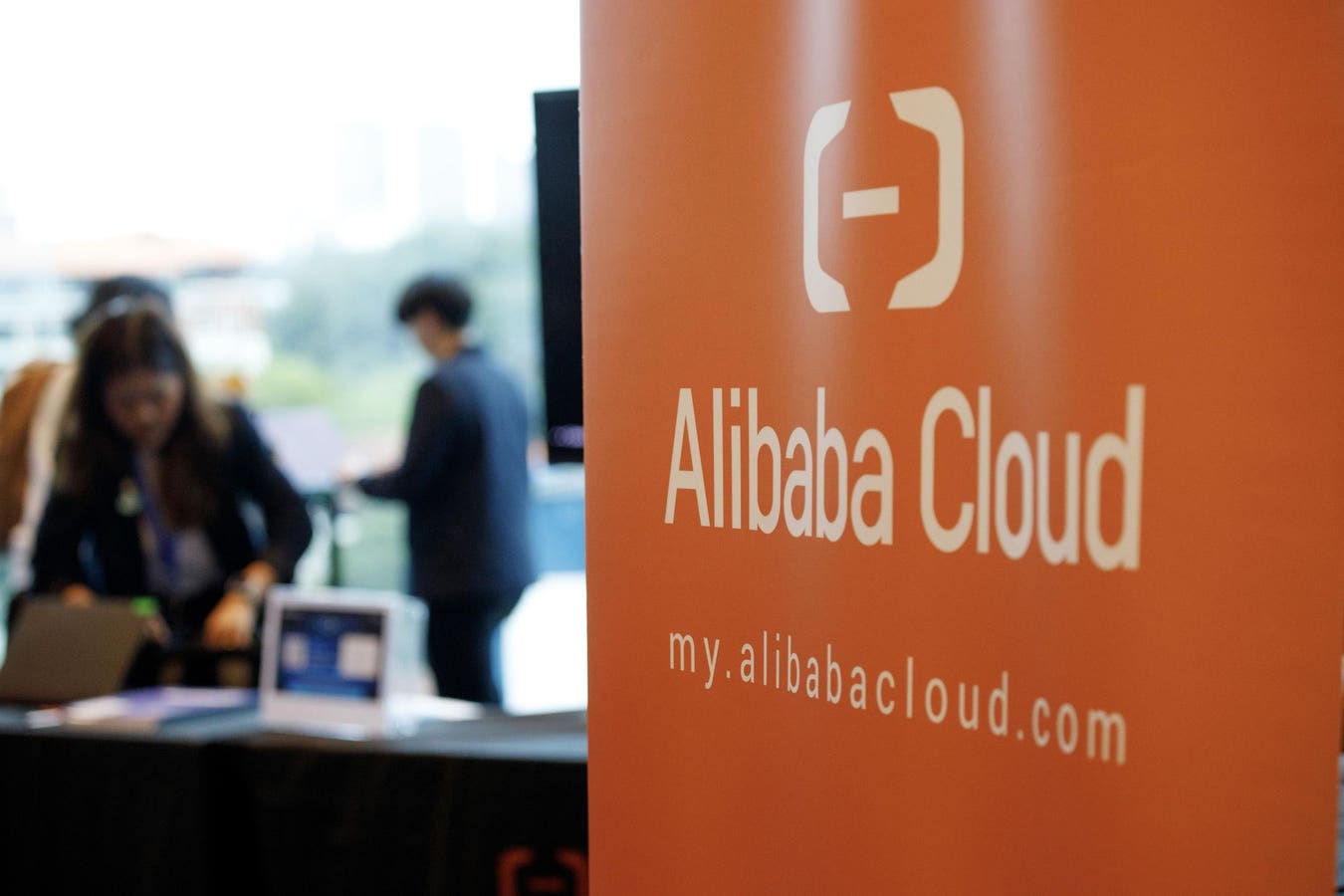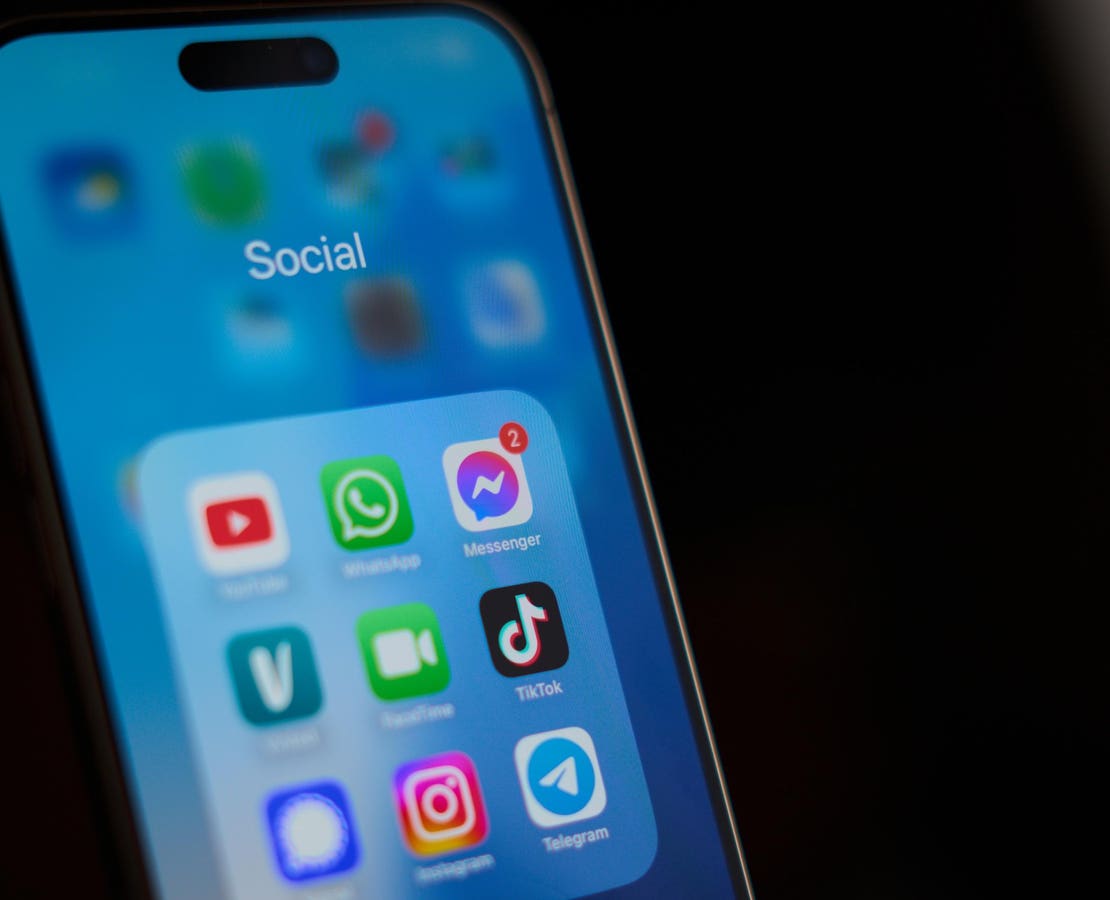Chris Hewish, Xsolla‘s Chief Strategy Officer, leads the gamaing business engine, offering 700+ payment methods in 200+ regions.
When Epic Games took Apple to court in 2020, the gaming world paid attention. Epic, the creator of Fortnite, challenged Apple’s long-standing App Store rules, particularly its requirement that developers use Apple’s in-app payment system, which came with a 30% commission. They argued that these policies stifled innovation by locking developers and consumers into a tightly controlled ecosystem.
The judge ruled that Apple’s anti-steering policies were illegal, meaning developers could no longer be prohibited from directing users to alternative payment options outside the App Store, giving them, in effect, a key to Apple’s “walled garden.” In January 2024, the U.S. Supreme Court declined to hear further appeals, making the lower court decision final and ending a multiyear legal battle.
While the headlines may have focused on Fortnite, the implications are far beyond a single game or industry; this ruling reshapes how digital businesses operate and users engage with them, marking a broader shift toward open, direct-to-consumer ecosystems.
An Epic Shift For Developers And Players
In purely financial terms, mobile game developers can now link users to external payment systems, bypassing the App Store’s 30% cut. For a game generating $10 million annually, that’s potentially $3 million in recovered revenue, money that can be reinvested into the game, the team and the community.
Developers can now also communicate directly with players, building stronger relationships and tailoring experiences in ways that weren’t possible under Apple’s strict rules. Through external links, they can offer personalized promotions, loyalty programs and other features.
The early data shows that the changes are already having an effect. According to our own research, companies implementing direct-to-consumer strategies outside the App Store are seeing revenue lifts of 14% to 16% on average, both because developers are keeping more revenue and players are spending more.
This additional revenue comes at a critical moment. The gaming industry has been hit hard in recent years with layoffs, delayed funding and investor hesitancy. With more cash flow staying in-house, studios have more flexibility to invest in marketing, employee retention and long-term planning. The impact is magnified for smaller studios. Imagine a five-person team maxing out credit cards to stay afloat; a 30% jump in revenue changes the whole picture.
Consumers also stand to benefit significantly from these changes. In addition to enjoying new discounts, players can interact with the games and communities they love in new ways. Direct links can now take users to forums, events or social spaces that enrich the gaming experience. These new experiences create a feedback loop, where more value leads to more engagement, and more engagement leads to deeper loyalty.
Of course, any shift away from a centralized payment platform comes with some concerns. When payments happen outside the App Store, the responsibility for safeguarding transactions falls to the developer. That’s why it’s essential to partner with reputable, experienced payment providers who understand both the technical and customer-facing sides of secure payments.
Beyond Gaming
While the ruling came from the gaming world, its consequences are already spreading across the app economy. Any developer, whether in music, health, education or FinTech, can now rethink how they monetize and engage users. The model that once applied only to physical goods (buy direct, save more) is now viable throughout the digital world. For example, Spotify has updated its app with direct links to special offers outside the App Store.
This transformation fits into a larger global trend. Governments and regulators worldwide are moving in the same direction. In April 2025, the European Commission fined Apple €500 million for violating the EU Digital Markets Act (DMA), which aims to prevent “gatekeeper” tech companies from unfairly controlling markets. South Korea has enacted similar rules, and other countries are looking to follow. Whether it’s through litigation or regulation, all signs point in the same direction: a more open, competitive digital economy.
The Epic v. Apple decision marks a turning point, not a final chapter. Developers now have the tools, and the legal clearance, to engage users directly and monetize more effectively without gatekeeper constraints. In the process, customers get better offers and deeper connections with the products they love.
Forbes Technology Council is an invitation-only community for world-class CIOs, CTOs and technology executives. Do I qualify?








